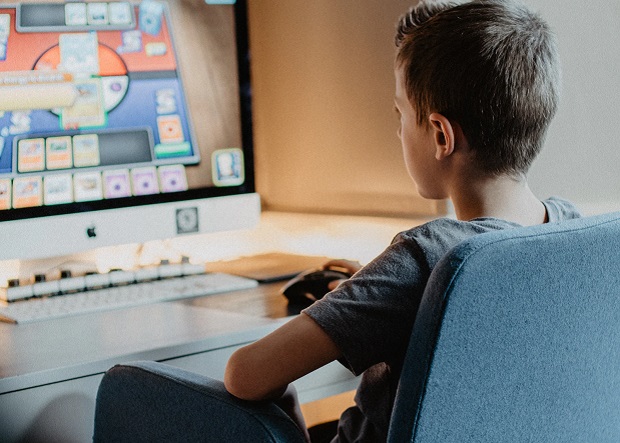How to Teach Your Kids About Online Privacy & Phishing Emails

How to Teach Your Kids About Online Privacy & Phishing Emails
It’s nearly impossible to avoid the Internet these days. The online world is a big part of daily life for most of us, kids included. Once children start to use technology independently, it becomes even more important to teach them about staying safe online.
As well as making sure that all your family’s devices are kept up to date to help avoid security issues, having a good anti-virus software installed, using firewalls on both devices and your router, and using parental controls such as Family Link, it’s so important to talk to your kids about online safety and privacy to keep them safe online.

- Teaching Your Kids About Online Privacy
Modern children use computers, smartphones, tablets, game consoles, and other smart devices as part of their daily lives and it’s difficult to control and monitor everything the do and see online, especially as they get older and start using devices like these at school or other places away from parental view.
It’s never too early to start discussing online privacy with your children to help them stay safe online. Keeping private information safe is one of the most important habits to teach your kids when it comes to online safety.
It all ties in with other safety rules that you have probably taught your kids – don’t talk to strangers, don’t tell random people where you live, don’t go anywhere with a stranger, don’t accept gifts, or treats from people you don’t know, etc.
Just like you’ve taught your children about these things, talk to them about how to stay safe online by not sharing private information, not messaging/emailing/chatting to strangers, and of course to never ever arrange to meet up with a stranger.
Once they get to an age where they have their own accounts for things online, talk to them about password security and privacy settings for each platform to help them protect themselves. Also discuss the possible dangers of sharing photos online and the fact that once something has been uploaded online it’s there, somewhere, forever.

- Warn Children About Phishing Emails & Texts
Once your child is old enough to have their own phone and email address, it’s important to warn your child about phishing emails and texts and to teach them how to recognise them and how to deal with them safely.
Phishing emails and texts are created by criminals trying to steal personal/sensitive data by impersonating real companies or individuals to gain the data to use for identity theft, to access private information, or to get you to pay them. Sometimes they are very well done and look very similar to the real deal, while at other times they are very obviously scams.
Teach your child to look out for phishing emails and texts and how to identify them. Tell them to look out for emails that sound too good to be true (free stuff, winning prizes, etc.) and to never click on links or download files from emails that you don’t know who they are from.
Also mention that known emails can have been hacked so you need to look out for signs of this too. Teach them to look out for a sense of urgency, poor spelling and grammar, logos/fonts that are not quite right for the company that is being impersonated, requests to click dodgy links or look at strange attachments etc. Remind your child not to share any login details or other personal details with anyone online.
Armed with the above, your child will hopefully look at suspicious emails with a critical eye and deal with them correctly by simply marking them as spam/blocking them and deleting them – not interacting with them in any other way.

The internet is a scary place but also such an important tool for both grown-ups and children. Let’s do our best to teach our children about how to use the internet safely, how to protect our privacy online, and how to deal with phishing emails.




